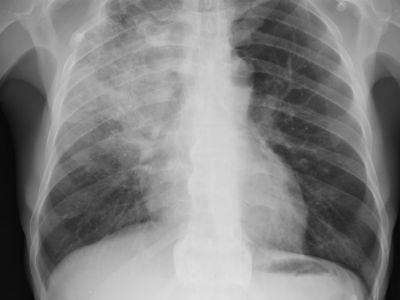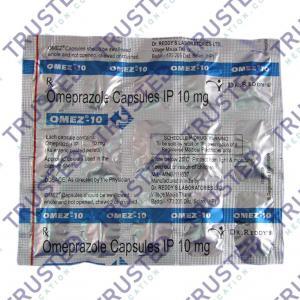
There are four stages of pneumonia and anyone can get it with ranging symptoms. Pneumonia is a form of acute respiratory infection that affects the lungs. The lungs are made up of small sacs called alveoli, which fill with air when a healthy person breathes. Elderly individuals are at high risk of getting pneumonia and its worst symptoms.

Symptoms of Pneumonia
The symptoms of pneumonia vary from mild to severe, depending on factors. Symptoms include:
- Chest pain when you breathe or cough
- Cough that may produce phlegm
- Lower than normal body temperature
- Nausea, vomiting, or diarrhea
- Fever, fatigue, sweating and shaking chills
- Confusion or changes in mental awareness
- Shortness of breath
What are the 4 Stages of Pneumonia?
- Congestion. This phase causes the lungs to become very heavy and congested due to infectious fluid that has accumulated in the air sacs. During this stage, your older loved one may experience early pneumonia symptoms such as loss of appetite, coughing, rapid breathing, and fatigue.
- Red hepatization. Red blood cells and immune cells that enter the fluid-filled lungs to combat the infection give the lungs a red appearance. You may experience productive cough, extreme fatigue, fever, chills, and blue lips or fingernails due to low levels of oxygen in the blood. Some older adults may experience confusion or delirium during this stage.
- Gray hepatization. Red blood cells will disintegrate during this stage, giving the lungs a grayish color. However, immune cells remain, and you may experience severe and persistent symptoms.
- Resolution. This phase causes your or someone to begin to feel better as immune cells rid their bodies of infection. However, they may develop a productive cough that helps to remove fluid from the lungs.
The Typical Causes of Pneumonia
- Bacteria. This type of pneumonia can occur on its own or after you’ve had a cold or the flu.
- Bacteria-like organisms. It typically produces milder symptoms than do other types of pneumonia.
- Fungi. This type of pneumonia is most common in people with chronic health problems or weakened immune systems, and in people who have inhaled large doses of the organisms
- Viruses, including COVID-19. Viruses are the most common cause of pneumonia in children younger than 5 years. Coronavirus 2019 may cause pneumonia, which can become severe.
- Hospital-acquired pneumonia. Hospital-acquired pneumonia can be serious because the bacteria causing it may be more resistant to antibiotics and because the people who get it are already sick.

Treatment for Pneumonia
Treatment for pneumonia involves curing the infection and preventing complications. Treatment option includes antibiotics, cough medicine, fever reducers, and pain relievers. Hospitalization may also be needed especially if you are old or have other threatening conditions. Children may also need hospitalization if they have low blood pressure or they have low blood oxygen.
Cefdinir as Treatment for Pneumonia
Cefdinir is an antibiotic that is prescribed for pneumonia. This medication is useful for the short-term treatment of bacterial infections. Cefdinir works by killing the bacteria and by preventing their growth. It exerts bactericidal activity by interfering with the protein synthesis of the cell wall. This harms the bacteria resulting in their death.








